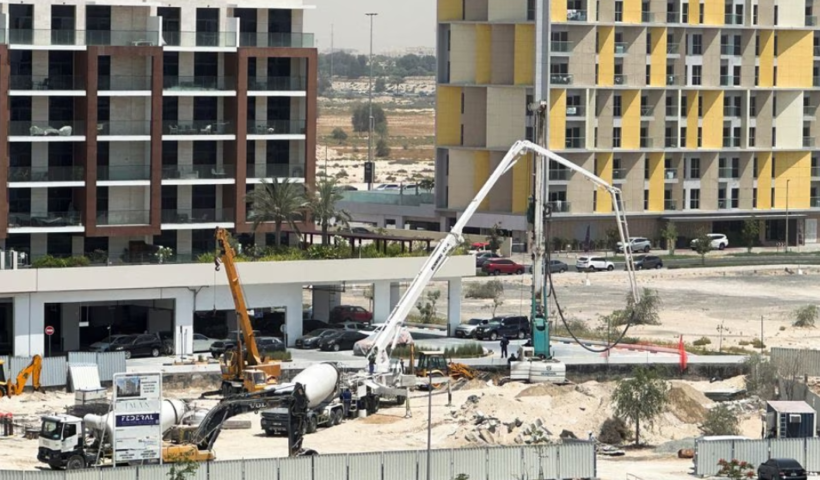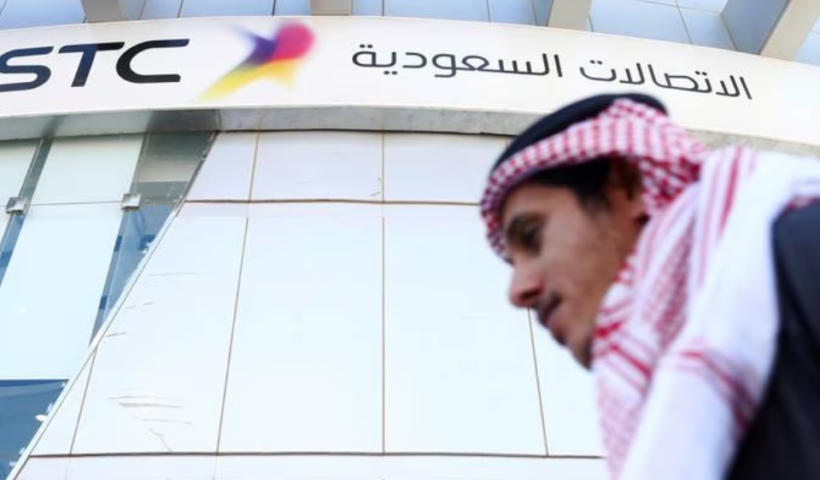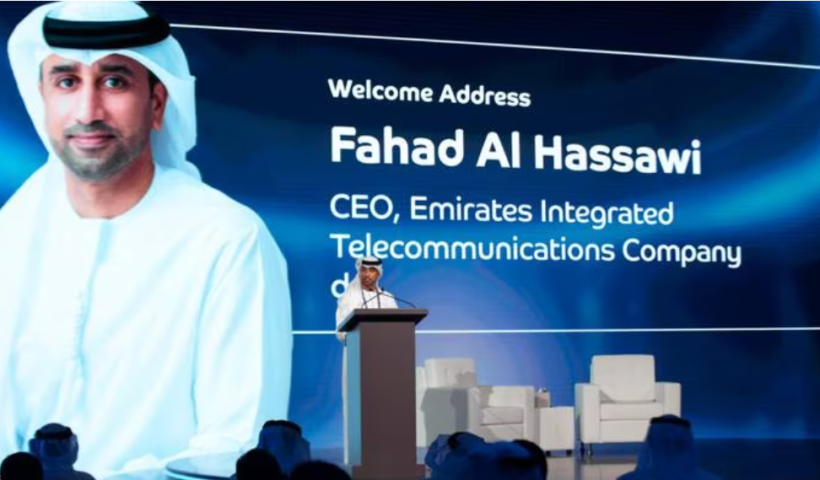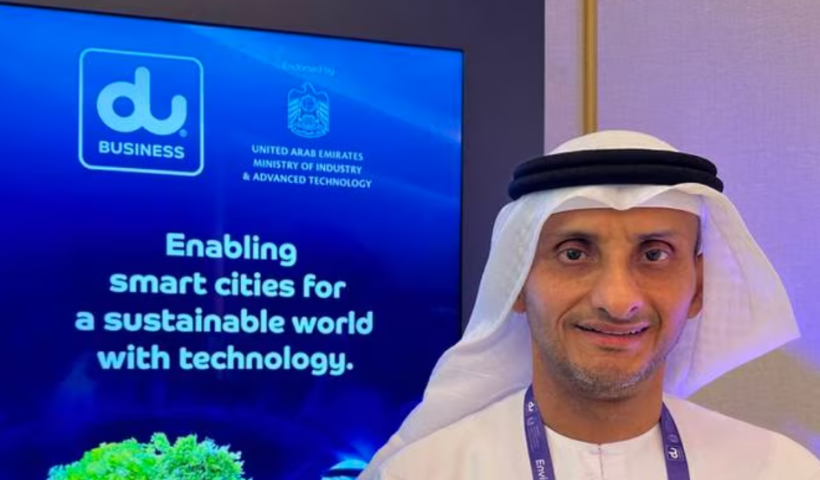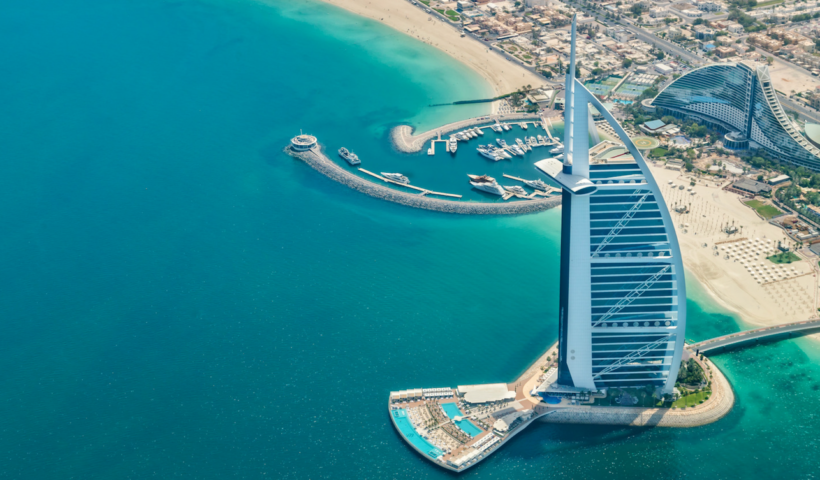Meat, grains, and dairy items all saw declines, but sugar slightly increased.
According to the UN’s Food and Agriculture Organization, global food prices dropped in August as vegetable oil prices fell in response to declining import demand globally and an abundance of offers from significant producers. However, rice prices increased.
According to the UN organization, the FAO Food Price Index, which measures the monthly change in the international prices of a variety of food commodities, average 121.4 points in August, down 2.1% from July and up to 24% from its top in March 2022.
In contrast, the FAO’s rice index increased 9.8% on a monthly basis to reach a nominal high not seen in 15 years. According to FAO, this was caused by “trade disruptions following India, the world’s largest rice exporter, banning Indica white rice exports.”
“Uncertainty about the ban’s duration as well as worries over limitations on exports caused supply-chain actors to hold-on to stocks, renegotiate contracts, or cease submitting price offers, thus restricting most trade to small volumes and previously concluded sales,” it stated.
As the price of vegetable oils surged, the total index increased from a two-year low in May to 123.9 in July.
“The decrease [in August] was driven by falling price indices for dairy goods, vegetable oils, meat, and cereals, while the sugar price index increased moderately.
The vegetable oil price index fell by 3.1%, reversing a significant 12.1% increase in July that was primarily driven by an 8% reduction in the price of sunflower oil.
While soy oil prices declined as soy bean harvest conditions in the US improved, palm oil prices only slightly decreased despite leading South-East Asian producers’ seasonally higher output.
As double-digit food inflation affects poorer households and worsens food insecurity over time, it will have a negative impact on the expansion of Mena economies this year, according to a World Bank analysis published in April.
The analysis, which looked at the effects of rising food costs on the region, predicted that nearly eight million children under the age of five will go hungry this year and that one in five people living in developing nations in the Mena region will experience food insecurity.
August saw a 0.7% decrease in cereal prices from July as both the price of wheat and coarse grains fell globally by 3.8% and 3.4% respectively.
Prices for both sorghum and maize dropped for the seventh consecutive month, reaching their lowest level since September 2020. Prices for barley somewhat increased.
The dairy price index was down 4% from July, marking the eighth consecutive month of declines, and up to 22.4% below levels recorded during the same period in 2022.
Skimmed milk powder costs touched their lowest point since mid-2020, while prices for other dairy products fell internationally. Whole milk powder prices fell the greatest. Prices for cheese and butter both decreased.
Meanwhile, rising worries about how the El Nino weather phenomena could affect prospects for global output drove the sugar price index up 1.3% month over month and as high as 34.1% from a year earlier. The price of all forms of meat decreased, with the meat price index falling by 3% from July and by 5.4% from the same month last year.



